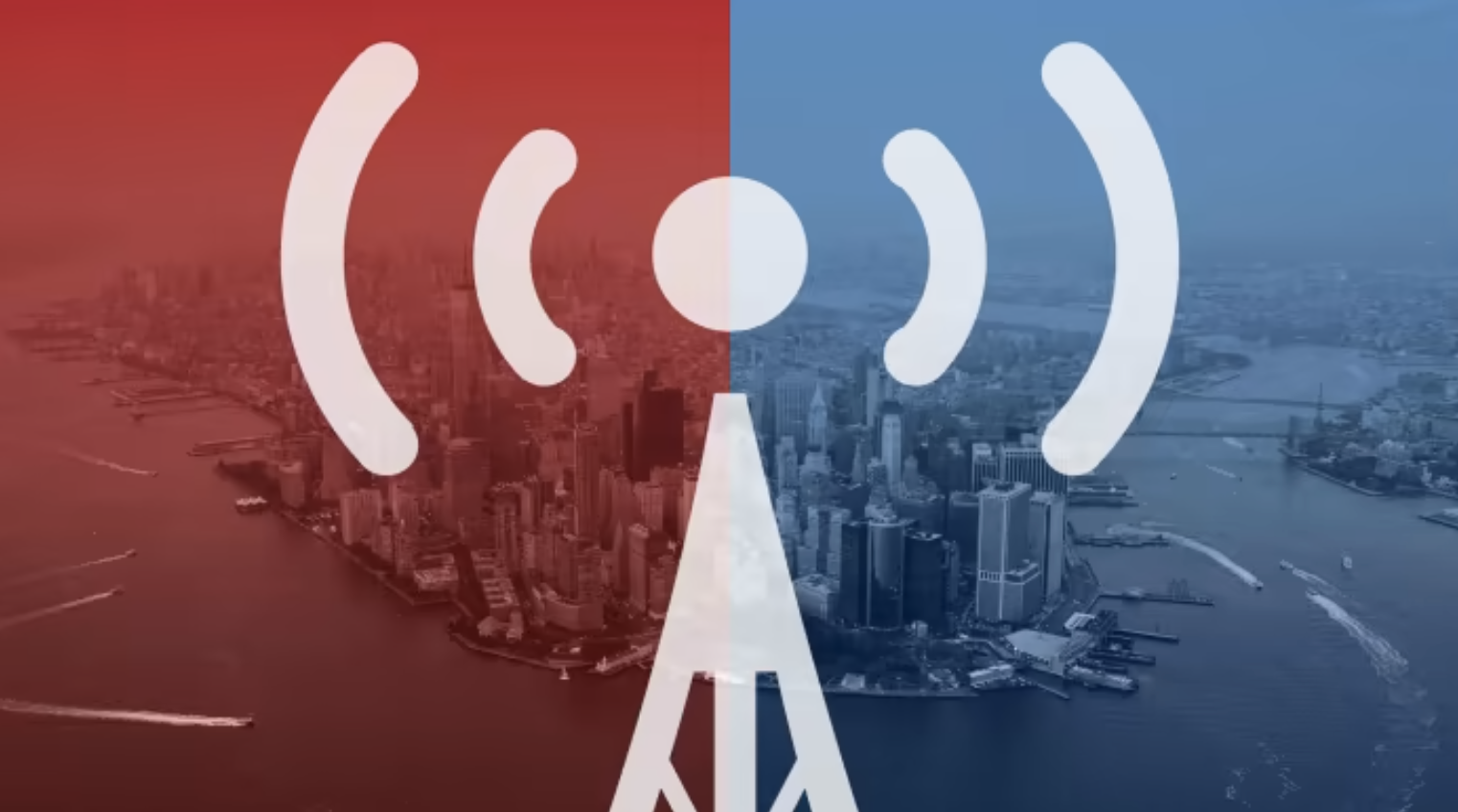Media and Tactics That Divide Us
Most Americans believe the media divides us, according to a new poll. One way to resist divisiveness is to understand the tactics used to divide us.
Seventy-four percent of respondents said the news media is doing more to increase political divisions in the United States. Only 6% said the media decreases political divisions while 18% answered that the media has no impact on political divisions*.
Whether it's the news media, politicians or other leaders, Jessica Carpenter has a helpful blog post at AllSides on six tactics used to divide Republicans and Democrats. It mentions, for instance, the tactic of "all-or-nothing," which is the assumption there is no middle ground — you're either with me or against me.
Another tactic is "whataboutism," when someone misdirects a conversation topic in order to avoid responding directly to a claim or question. "Many times," Carpenter writes, "instances like this are seen as 'wins' or 'owns' against a political opponent because it shows their supposed hypocrisy (which may not be hypocrisy to them, if you let them explain their reasoning), but it ultimately shuts down conversations because individuals are talking past each other."
Learn about the other 4 tactics used to divide us here.
Why are people shooting strangers?
In the last month there have been four cases of men firing guns at people who accidentally went to the wrong door or got in the wrong car. A Washington Post article notes there are many possible factors but there is one in particular I want to highlight: there has been a rising fear of crime (though not actual crime**) among Republicans.
Citing polling data from Gallup, the Post notes, Republicans who believe crime is rising jumped 35 percentage points, from 38 to 73 percent, since 2020. Additionally, a Post analysis found that Fox News has spotlighted crime stories 79 percent more often than MSNBC and twice as often as CNN in that same period.
Church Attendance and the Trump Presidency
Looking at church attendance by age and party ID, political scientist Ryan Burge found that the Trump presidency led to an increase in young Democrats who left their churches.
Noting a number of other studies that reached the same conclusion, Burge concludes, "people are picking their religion based on their politics, not their politics based on their religion. That means that moderates and liberals are feeling less and less welcome in evangelical churches and are heading to the exits, never to return."
What Republicans Want: Just Say Stuff
In his Tuesday newsletter for The Bulwark, Jonathan Last highlighted this graphic of a recent CBS News poll of likely Republican primary voters.
As Last notes, none of what these majorities want are actual policy changes. They want their leaders to "just say stuff," which is by and large what they're doing.
Footnotes
*The AP-NORC poll of 1,002 US adults was conducted March 30 to April 3. The margin of error is 4.4 percentage points.
**The violent crime rate since 2015 was at its highest in 2021 but its lowest in 2022, and while homicides and thefts rose during the pandemic, they're still below the highs we experienced in the 1990s, the Post reported.


